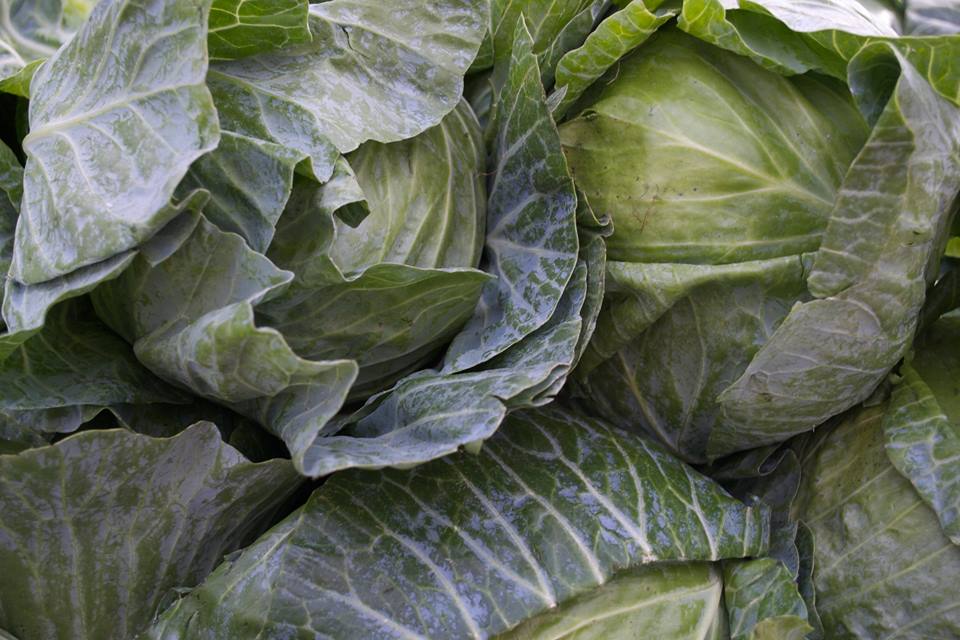One of the great things about college is that you get to make your own decisions. Admittedly, this sometimes results in poor choices or life lessons, but they’re still ours to make. Usually the only real challenge we face is attempting to eat well despite local restaurants that tempt us with such masterpieces like fried bananas and PB&J on a cheeseburger.
Clearly we are capable of drawing the line between healthy and unhealthy, but what you put in your body creates a ripple effect that influences more than just your pant size. It’s making the socially responsible choice that is equally important and doubly complicated.
What is ethical consumerism?
If you Google “ethical consumerism,” the Internet will come up with a million different definitions. When it comes down to it, being an ethical consumer simply means supporting socially responsible companies who pay careful attention to the treatment of their animals, the impact they have on the environment, and the welfare of their employees.
As with any social issue there are varying degrees of extremism. At its most basic level, a responsible consumer only buys ethically sourced foods. You can even take it one step further by calculating the amount of “food miles” your produce has traveled. In the end, the important thing is that you are well informed about the practices of the brands that you choose.
Why does it matter?

Photo by Haley Greco
The truth is, behind each food product is an intricate web of factories and workers, often from more than one place. Corporations who source products from other countries are able to save money and keep prices low, but it comes at a human cost. Too often employees in these situations are denied basic rights like fair pay and ethical work hours.
The problem isn’t just with other countries. Meat is one of the largest industries in the U.S., and factory farms are some of the worst offenders in terms of environmental degradation and animal rights. When the process is broken down —from growing feed for the cows to processing the beef, just one hamburger can take as much as 1000 gallons of water to produce.
As the demand for socially responsible food grows, companies are learning that customers care about who they give their money to. More people than ever before want to know what goes into the food they eat, and this doesn’t only include hippy vegans. If you want to start, now’s the time. The amount of information available to ethical consumers is at its peak, so take advantage of it!
The basics

Photo by Haley Greco
How do you know where to invest your dollar? Being the tech savvy millennial that you are, your phone is probably not more than an arm’s length away. Put those thumbs to good use and do some research, there’s a lot of information out there. If you make a list of the usual products that you buy, it will help direct your search to find responsible alternatives.
The golden rule of ethical consumerism is to buy local. Supporting local farms gives back to your community and takes away the stress of calculating food miles. If you love fresh fruits and veggies, farmers markets and locally sourced restaurants are the way to go. Most importantly, stocking up on produce allows less space in your pantry for processed foods, which are more likely to be unethical and are bad for you anyway.
If you’re one of those people who already thinks grocery shopping is a drag, then wandering up and down aisles and reading labels is less than ideal. Instead of going on an endless journey, whip out that phone again and download a few apps made for sustainable eaters, and when you go to eat out, use this roundup of some of the most ethical chain restaurants. So go forth and conquer, you are officially prepared to kick ass, responsibly.
Have fun with it

Photo by Kevin Del Orbe
Sometimes making the right choice can get complicated but that doesn’t mean you have to restrict everything that you eat. Remember, everything is fine in moderation. If you want to buy genetically modified avocados because they’re two dollars cheaper, then go for it, it’s not the end of the world.
Whether you dive head-in or just want to give ethical consumerism a try, the point is this: as a consumer you have the power to change the standard for how food is sourced. Companies work hard for your money and will respond to shifts in consumer trends, no matter how large of a brand they are.
Being responsible doesn’t mean you have to be a killjoy, so don’t be afraid to have fun. Take the opportunity to get involved in your community, explore unfamiliar foods, and be a little kinder to the Earth.


